
Research in the CoE
If all microbial life disappeared from Earth, our world would change dramatically. Microorganisms are essential for nutrient recycling, decomposing organic matter and maintaining the balance of all ecosystems. They have symbiotic relationships with plants and animals, play a crucial role in food chains and disease control, and contribute to atmospheric composition.
Planetary Health, the health of human civilisation and the natural systems in which it is embedded, is the highest attainable standard of global health and well-being. The goal of Planetary Health aims for the best possible global health and well-being by recognizing the relationships between people, their surroundings, and all living things. It is a comprehensive approach that focuses on how our health is connected to the health of the Earth and everything that lives on it.
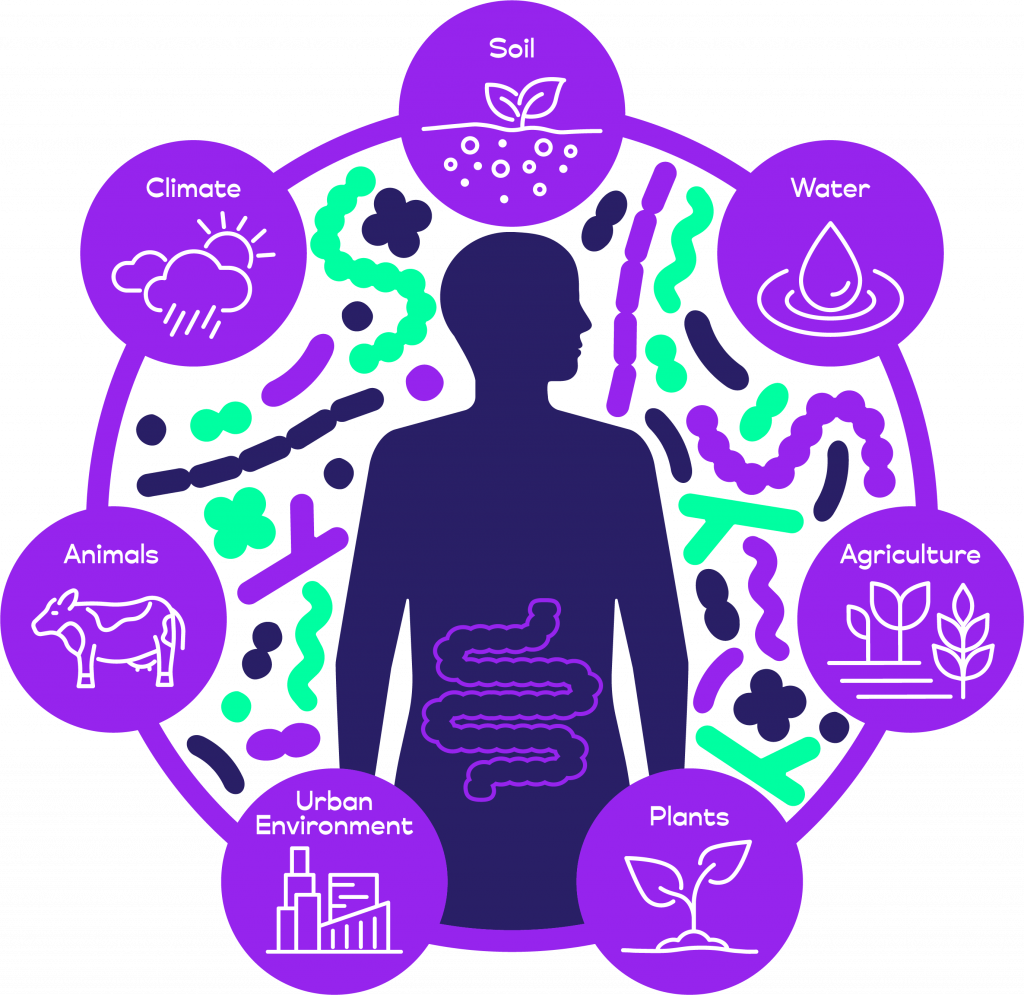
Earth‘s microbiomes are the foundation of planetary health, as they underpin almost all ecosystem services that humans depend on. Humans, animals, and plants are inextricably linked with their associated microbiomes. Microbiomes are an essential component of global element cycling, the recycling and purification of water and air, and the productivity of all ecosystems.
Their activities have massive consequences for food production, carbon sequestration and climate regulation, and many other processes of global dimension and importance. Our understanding of the links between microbiomes and planetary health is fragmentary, however, because microbes, despite carrying out many similar functions, and despite their ubiquity, are most often studied in discrete hosts or ecosystems
Our vision
Our Key Researchers
The Cluster of Excellence “Microbiomes Drive Planetary Health” unites microbiome researchers in Austria, which already possess strengths in many highly relevant areas of microbiome research, from the human microbiome to global change microbiology.
Our goal is to understand how microbes underpin planetary health and to unlock their potential to improve it.
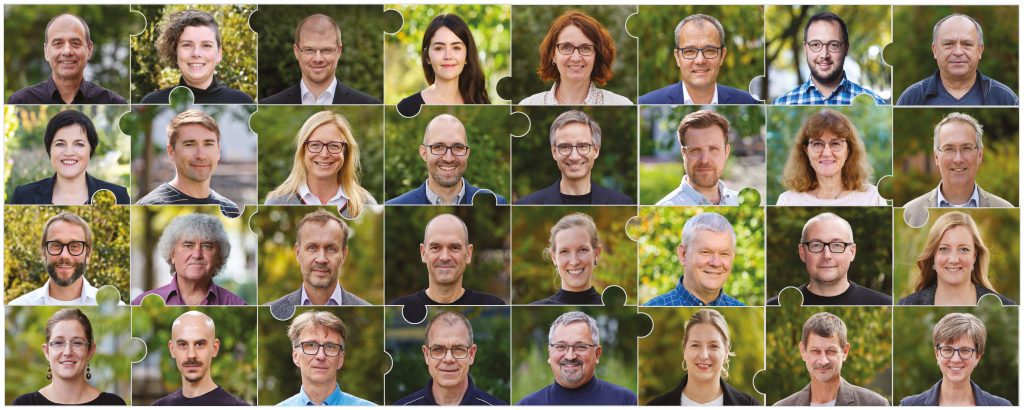
involved research institutions
The CoE Microplanet brings together eight leading research institutions in Austria with one joint vision: to unlock the microbiome’s potential for planetary health. We will use our multidisciplinary background in environmental, medical, and methodological microbiome research to move beyond the traditional boundaries and identify unifying principles of how microbiomes are structured and how they function in complex environments.
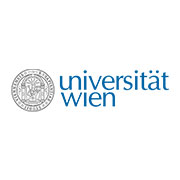
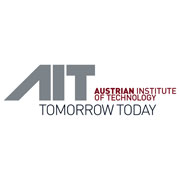

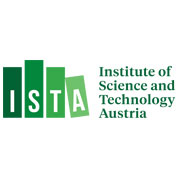


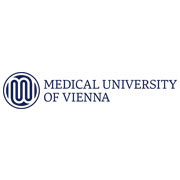
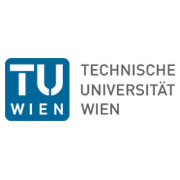
Our Method facilities
Nine dedicated non-profit facilities, which form our cross-cutting methods module, will support research in the CoE. The facilities will boost research activities in all three research themes, guaranteeing that comparable high-end data on microbiome structure and function will be gained within individual projects.
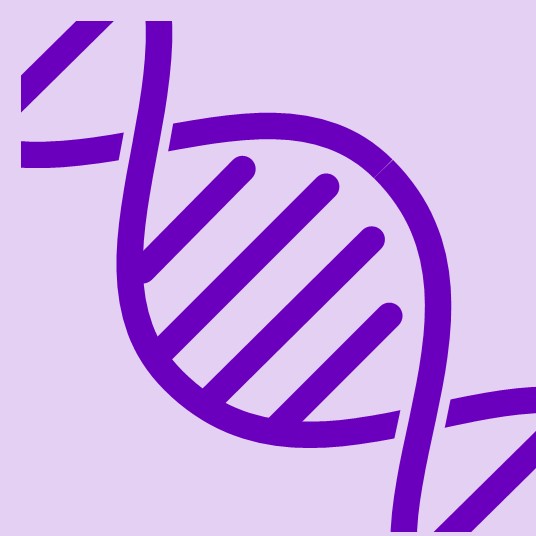
Joint Microbiome Facility

Bioanalytics + Mass Spectrometry

FISH + Single-Cell Transcrip-tomics

Stable Isotope Facility

Chemical Imaging Facility

Microfluidics + Lab-on-a-Chip

Protein Character-ization Facility

Atomic Force Microscopy Facility

Life Science Compute Cluster








